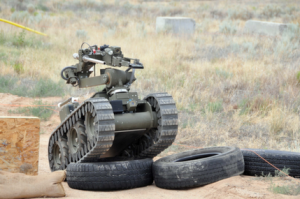From Tina Kelley’s piece in Wednesday’s Times , “Death Benefit is Elusive for Emergency Workers’ Families”:
In 2003, Congress passed the “Hometown Heroes Survivors Benefits Act,” expanded existing benefits to deaths within 24 hours after “nonroutine stressful or strenuous physical law enforcement fire suppression, rescue, hazardous material response,” etc. As Kelley points out, what does “routine” mean in these lines of work? Couldn’t an argument be made that the inherent dangers are “just part of the job.” Senator Patrick Leahy – with Attorney Gonzales testifying in front of the Judiciary Committee last week – says that Congress meant “routine” to be typing, talking on the phone, washing a truck – not – as the Administration interprets the rule – strguggline with a suspect, assistant in medical treatment, putting out fies.
So: of the first 34 applications – all
of them denied. Congress gets upset – they’ve granted 10. U.S. Representative Bob Etheridge (D-North Carolina), said in a press release that
after three years of foot dragging by the Administration, the Hometown Heroes Survivor Benefits Act, first introduced by Etheridge in 2002, will go into effect.
– snip –
The law …. was signed by President Bush on December 15, 2003. In June, Etheridge proposed an amendment to the U.S. Justice Department’s funding bill that would have cut funding to the Attorney General’s office until they implemented the Hometown Heroes Act. [It took them three years to write the regs. – and then only on the threat of cuts to the AG’s budget. Compare the post 9/11 legislative process – it took less than a month to write legislation which, while it had much publicized benefits to victims and their families – but also seems to have been designed to cater to aviation interests.
Link to Etheridge’s press release.
This is as disappointing as it is unsurprising. Let’s hope the Times lets Tina Kelley keep on this story – and not only the narrow set described by this legislation – but the general question of how well we treat military veterans, emergency workers, and their families.
It seems to me that a simple rule would be parity with Congressional benefits.
